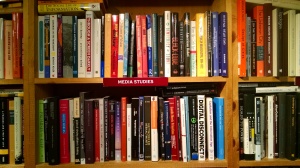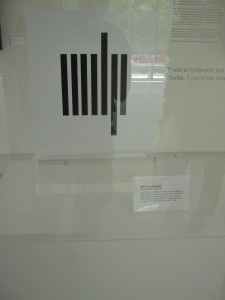The book is an autobiographical tale by one of the mathematician-scientist who looks at a mysterious signal from the cosmos. The title is from the title given to the top secret project which tries to decipher this signal. The signal in the form of a neutrino stream is discovered accidentally and is hidden well in the general noise of neutrino signal. Only if you know where to tune in to is the signal readable/recordable/visible. The signal is attacked upon by a team of experts from different domains like physics, chemistry, biology, language, mathematics. They are able to know that the signal has an “alphabet” but are not able to crack the code as a whole. Though they discover some properties of the signal to interact with matter. For example, they discover that this letter from cosmos has a positive effect on the formation and consolidation of large protein molecules. They also discover a “recipe” for building a substance which is dubbed as “Frog Eggs” and “Lord of the flies”. This substance with a consistency of frog eggs can absorb energy from radioactive fission within itself and has some peculiar properties.
even though, receiving the message from the stars, we did with it no more than a savage who, warming himself by a fire of burning books, the writings of the wisest men, believes that he has drawn tremendous benefit from his find!
That not withstanding, the entire operation is under government supervision and there are plots and counter-plots of bureaucracy enmeshed within the narrative. This also includes an effect termed as “TX” in which a small nuclear detonation can have its energy transmitted to another place. But large scale implementation fails as the energy is dissipated over a very large area rendering any weapons created from them unusable. After these initial success, there is not further “code-breaking” possible and things come to a standstill
We are proceeding like a man who looks for a lost thing not everywhere, but only beneath a lighted street lamp, because there it is bright.
They also discover there is another parallel team working on the same problem but under the command of the military. Finally, the two units are merged.
At this point, various theories are put forth which try to explain the origin of the “letter”. Doubts are even raised to know if the signal is “natural” or “artificial”. One of the military members uses the oscillating universe model to suggest that the neutrino signal is information from the past universe, from a ‘fissure” in between the universes, to the current one. One more hypothesis is given in the form that the frog eggs naturally evolved and the neutrino signal is just a by-product and the “organisms” do not know if this signal is being sent. A closer example of this is plants doing photosynthesis, they are not aware that their photosynthetic activity is helping other organisms grow, they do it nonetheless.
And surely it was unintentional on the part of the grass to give us the opportunity to exist!
While the author genuinely believes that the signal is from a very old and highly evolved “civilisation”, and we are at a stage such that we cannot understand the letter fully. We are not meant to, not at this stage of our technological evolution. The signal has been there for billions of years, and it takes an enormous amount of power (at least by our standards) to send it, so whoever (or whatever) is sending it must have a purpose, just that we don’t know ( and perhaps will never know) what the purpose is.
We will make it undecipherable for all who are not yet ready; but we must go further in our caution — so that even a false reading will not be able to supply them with any of the things that they seek but that should be denied them.
The book is an interesting take on the status of technological progress and its ramification for civilisation as a whole. Some of the themes that one can identify is the survival of the species and not of a particular nation. The concerns expressed over the “TX” discovery make the smaller group privy to this very anxious as we would then have a weapon which at the speed of light can deliver an atomic explosion anywhere. Some of the musings about the senders of the signal and the kind of evolution the civilisation that must have are interesting to read.








































